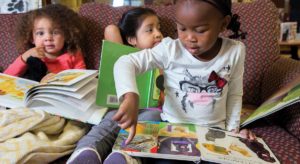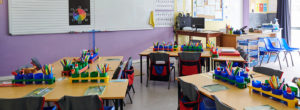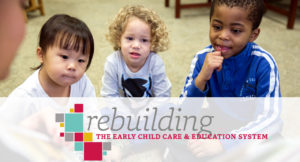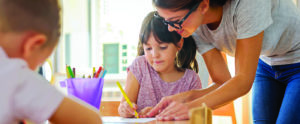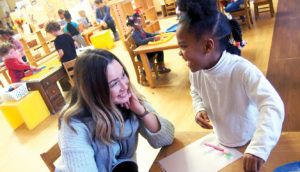
A recent questionnaire surveying kindergarten teachers found that a majority (72%) said children had difficulty in the transition to kindergarten, with boys and children with IEPs more likely to have difficulty. This white paper shares research about children's kindergarten transitions and key recommendations for policymakers, researchers and practitioners.

